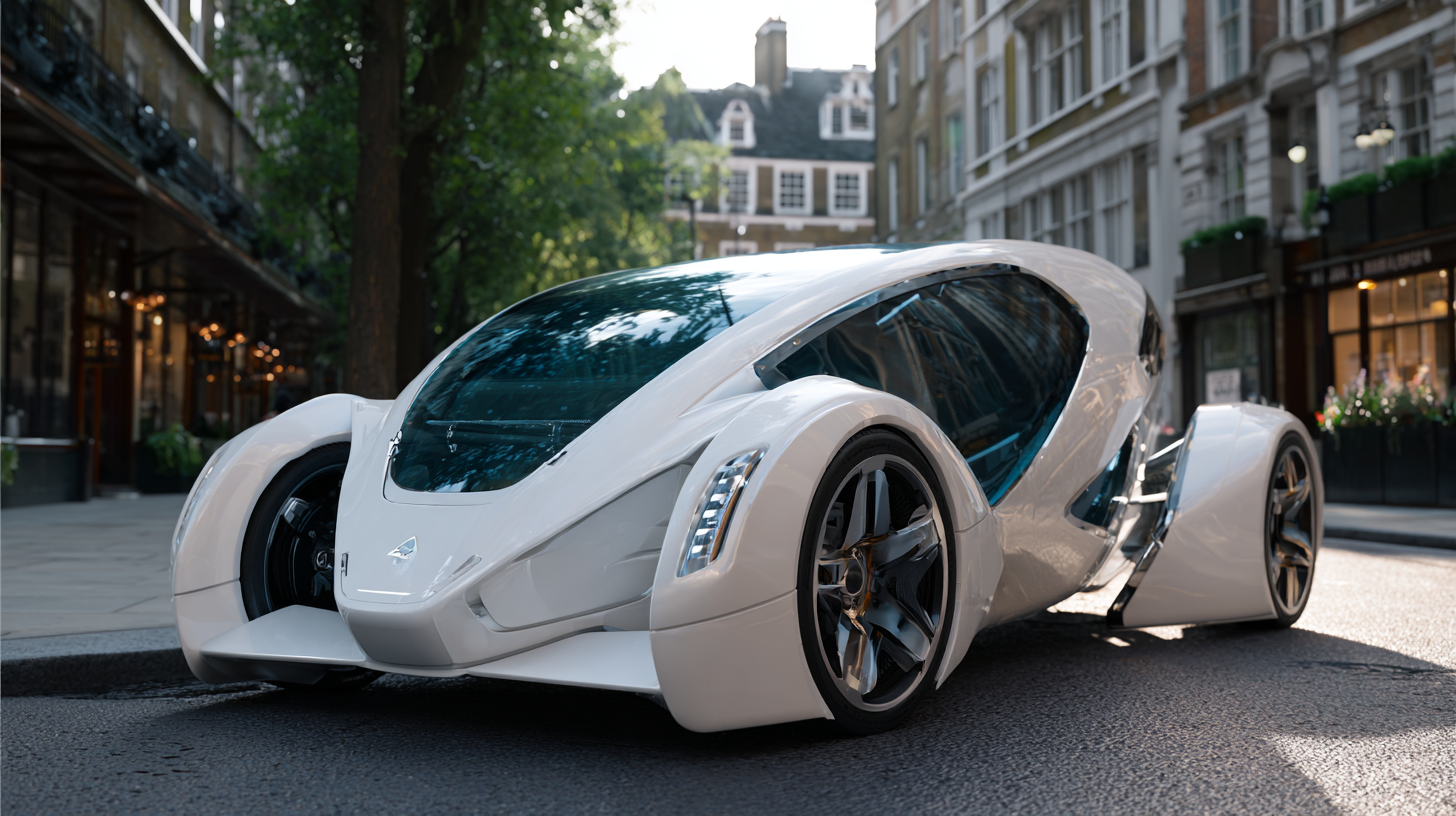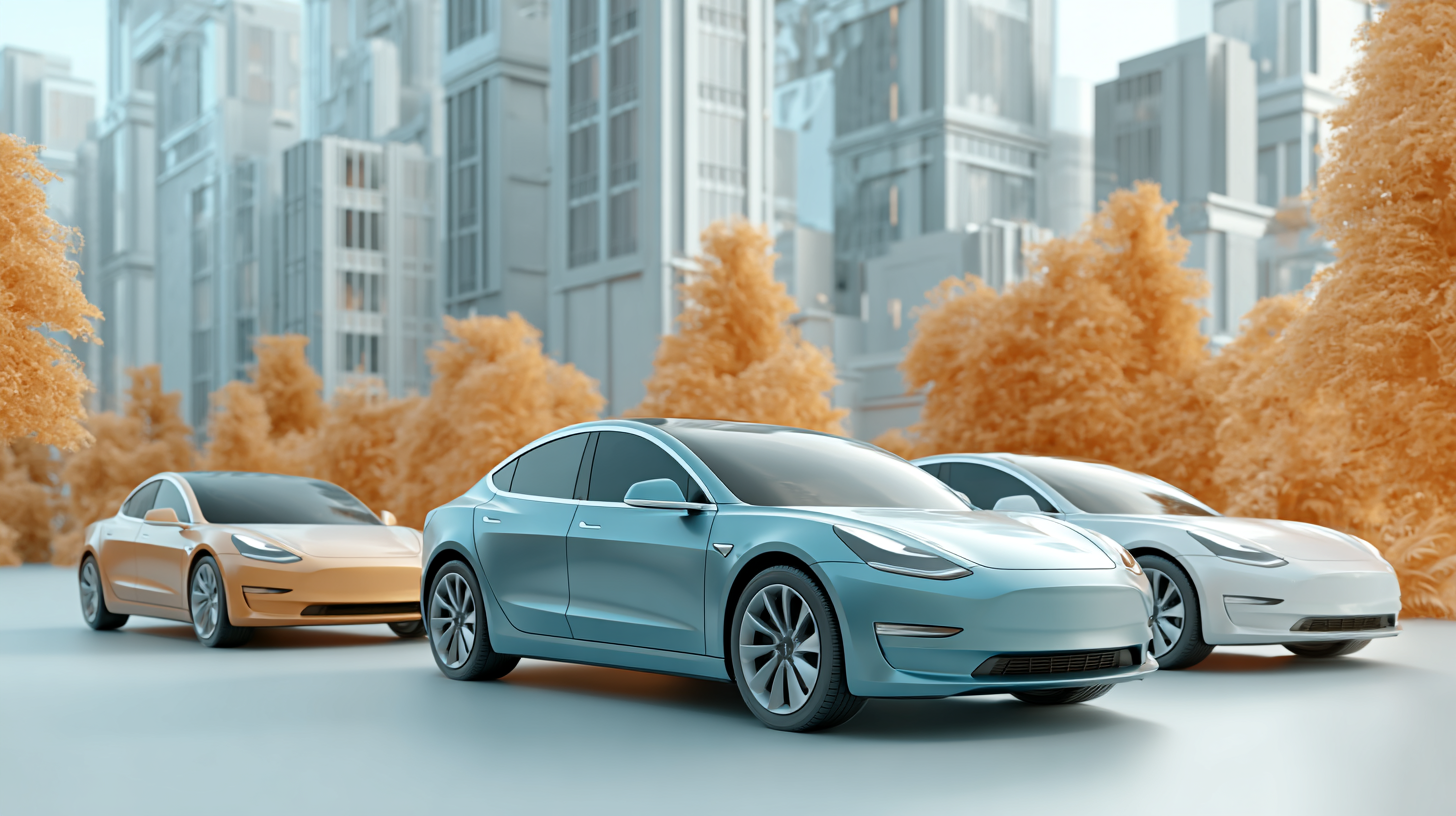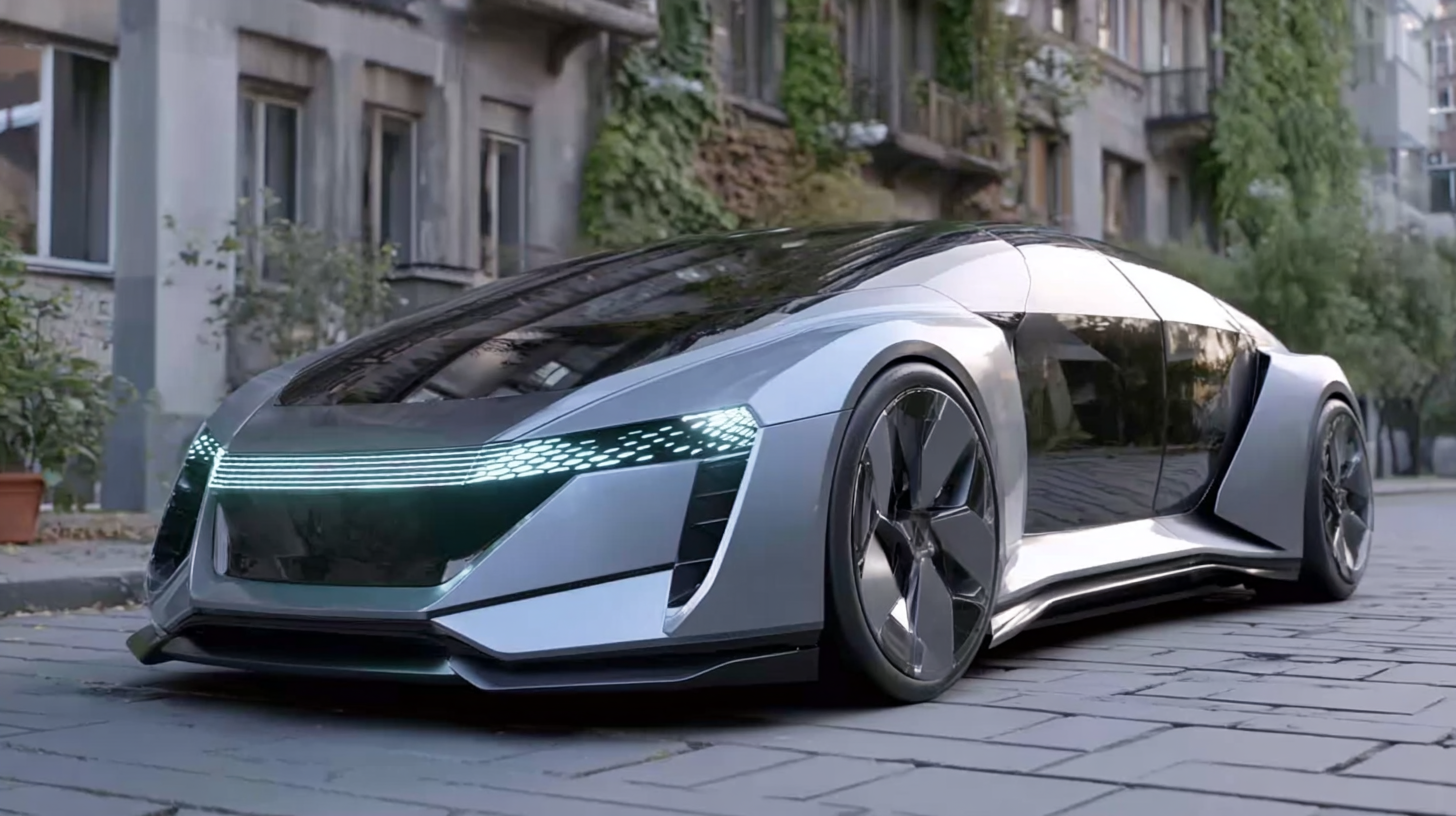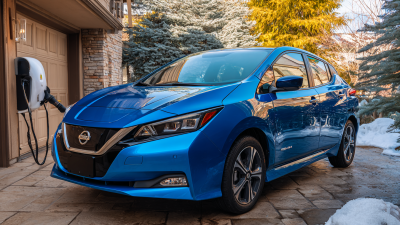The transportation landscape is undergoing a transformative shift towards sustainability, with fully electric cars taking center stage in urban mobility. As cities grapple with chronic congestion, rising pollution levels, and climate change challenges, the adoption of fully electric cars emerges as a viable solution to promote cleaner and more efficient transportation. These vehicles not only reduce greenhouse gas emissions but also contribute to quieter, more livable urban environments.
 In exploring the future of urban mobility, it is crucial to understand how the rise of fully electric cars is reshaping our cities, influencing policy decisions, and encouraging innovative infrastructure development. This discussion will illuminate the potential benefits and challenges associated with integrating fully electric cars into the urban fabric, ultimately highlighting their role in fostering a sustainable and resilient future for urban transportation.
In exploring the future of urban mobility, it is crucial to understand how the rise of fully electric cars is reshaping our cities, influencing policy decisions, and encouraging innovative infrastructure development. This discussion will illuminate the potential benefits and challenges associated with integrating fully electric cars into the urban fabric, ultimately highlighting their role in fostering a sustainable and resilient future for urban transportation.
As urban areas grapple with increasing population density and environmental concerns, the integration of electric cars into public transportation networks presents a promising solution. Electric vehicles (EVs) are not only environmentally friendly, but they also reduce noise pollution and help improve the overall quality of urban life. Cities around the world are beginning to recognize the potential of fully electric cars as an essential component of their public transport systems, aiming to create a seamless and efficient transit experience for residents.
The incorporation of electric cars into urban public transportation can streamline connectivity, offering residents and visitors flexible options for getting around. With advancements in technology, electric ridesharing services and electric buses are becoming more prevalent, enabling users to travel conveniently while minimizing their carbon footprint. Furthermore, partnering electric vehicles with smart city infrastructure allows for real-time data sharing, enhancing the efficiency of transit schedules and promoting better resource allocation. This synergy between electric vehicles and urban transport networks not only supports sustainable mobility but also lays the groundwork for future innovations in smart transportation solutions.
This chart illustrates the projected growth of fully electric cars in urban public transportation networks over the next five years. The data indicates a significant increase in the adoption of electric vehicles as cities focus on sustainability and reducing carbon emissions.
As cities increasingly prioritize sustainability, innovative charging solutions for electric vehicles (EVs) are at the forefront of transforming urban mobility. The integration of advanced charging infrastructure is pivotal in fostering the widespread adoption of fully electric cars. Companies are now deploying creative charging options that not only improve convenience for users but also promote eco-friendly practices. For instance, battery-swapping technology is revolutionizing urban transportation by providing quick and efficient alternatives to traditional charging methods.
Tips: When considering the adoption of electric mobility, look for cities or companies that are enhancing their charging networks. This is crucial for ensuring that EV users have access to reliable and efficient charging solutions, which can significantly alleviate range anxiety.
Moreover, partnerships between tech firms and local governments play a crucial role in this transformation. Collaborations aimed at creating net-zero e-mobility solutions demonstrate a collective commitment to environmentally-friendly practices. These innovative approaches to urban transportation are essential in shaping sustainable cities, making them more livable for residents while reducing their carbon footprint.
Tips: To stay ahead in the evolving landscape of urban mobility, businesses should engage with the latest trends and form alliances within the e-mobility sector. Doing so not only enhances their operational strategies but also aligns them with the global shift towards sustainability.
As urban areas continue to grapple with pollution and traffic congestion, fully electric cars are emerging as a sustainable solution. One of the main advantages of electric vehicles (EVs) is their reduced carbon footprint compared to traditional fuel-powered cars. When assessing their environmental impact, we must consider both the emissions produced during electricity generation and the emissions associated with manufacturing the vehicles themselves. While the operation of EVs results in zero tailpipe emissions, the overall carbon impact varies by region, depending largely on the local energy mix and production practices.

Tips: When contemplating the switch to an electric vehicle, research your local energy sources. Areas powered predominantly by renewable energy will significantly enhance the environmental benefits of going electric. Additionally, consider the lifecycle emissions of the vehicle, which include production and end-of-life recycling.
Moreover, the advancement of EV technology is also contributing to lower carbon footprints over time. Improvements in battery technology not only lead to increased efficiency but also reduce reliance on materials that may have negative environmental impacts. When purchasing an electric vehicle, look for models that emphasize sustainability in their manufacturing processes and source materials responsibly, ensuring that your choice contributes to a cleaner future.
The trend of fully electric cars is gaining momentum in urban areas, driven by consumer demand for sustainable and environmentally friendly transportation options. Recent surveys indicate that urban residents are increasingly prioritizing eco-conscious choices, with a significant percentage expressing interest in owning electric vehicles (EVs). Factors such as rising fuel prices, government incentives, and advancements in battery technology are contributing to this shift, making EVs more accessible and appealing to a broader audience.
Moreover, as cities strive to reduce their carbon footprint and improve air quality, the integration of fully electric cars into urban mobility solutions is becoming a focal point. Many consumers are motivated not only by environmental concerns but also by the long-term savings associated with electric vehicle ownership, such as lower maintenance costs and reduced energy expenses. This growing acceptance of electric cars is reflected in rising adoption rates, suggesting that urban centers are on the cusp of a major transition towards a more sustainable future that prioritizes cleaner transportation options.
| City | Population | Electric Car Adoption Rate (%) | Charging Stations | Government Incentives (USD) |
|---|---|---|---|---|
| City A | 1,200,000 | 22% | 150 | 2,500 |
| City B | 900,000 | 30% | 200 | 3,000 |
| City C | 1,500,000 | 15% | 100 | 1,500 |
| City D | 850,000 | 25% | 130 | 2,000 |
| City E | 2,000,000 | 35% | 250 | 4,000 |
The rise of fully electric vehicles (EVs) is reshaping urban mobility, presenting both notable opportunities and significant challenges in infrastructure development. A recent study highlights that aligning EV charging stations with renewable energy sources, such as solar power, could enhance the feasibility of daytime charging, thereby increasing the attractiveness of electric vehicles for urban dwellers. With the global demand for EVs expected to surge, particularly as cities aim for sustainability, the need for comprehensive charging infrastructure is more critical than ever. Reports show that inadequate public charging options significantly hinder EV adoption, with some regions facing a stark shortfall; for instance, Canada cites infrastructure gaps as a primary barrier to its EV ambitions.

As the industry evolves, innovations in EV charging technology are emerging to address these challenges. Initiatives to develop a robust network of charging stations are crucial to meet the anticipated demands in urban areas where charging convenience is paramount. Furthermore, collaboration among local governments and stakeholders, as seen in recent frameworks launched across various states, demonstrates a commitment to overcoming implementation hurdles. By addressing these infrastructure gaps, cities can not only facilitate the transition to electric mobility but also unlock economic benefits, from job creation in the green energy sector to improvements in public health through reduced emissions.






